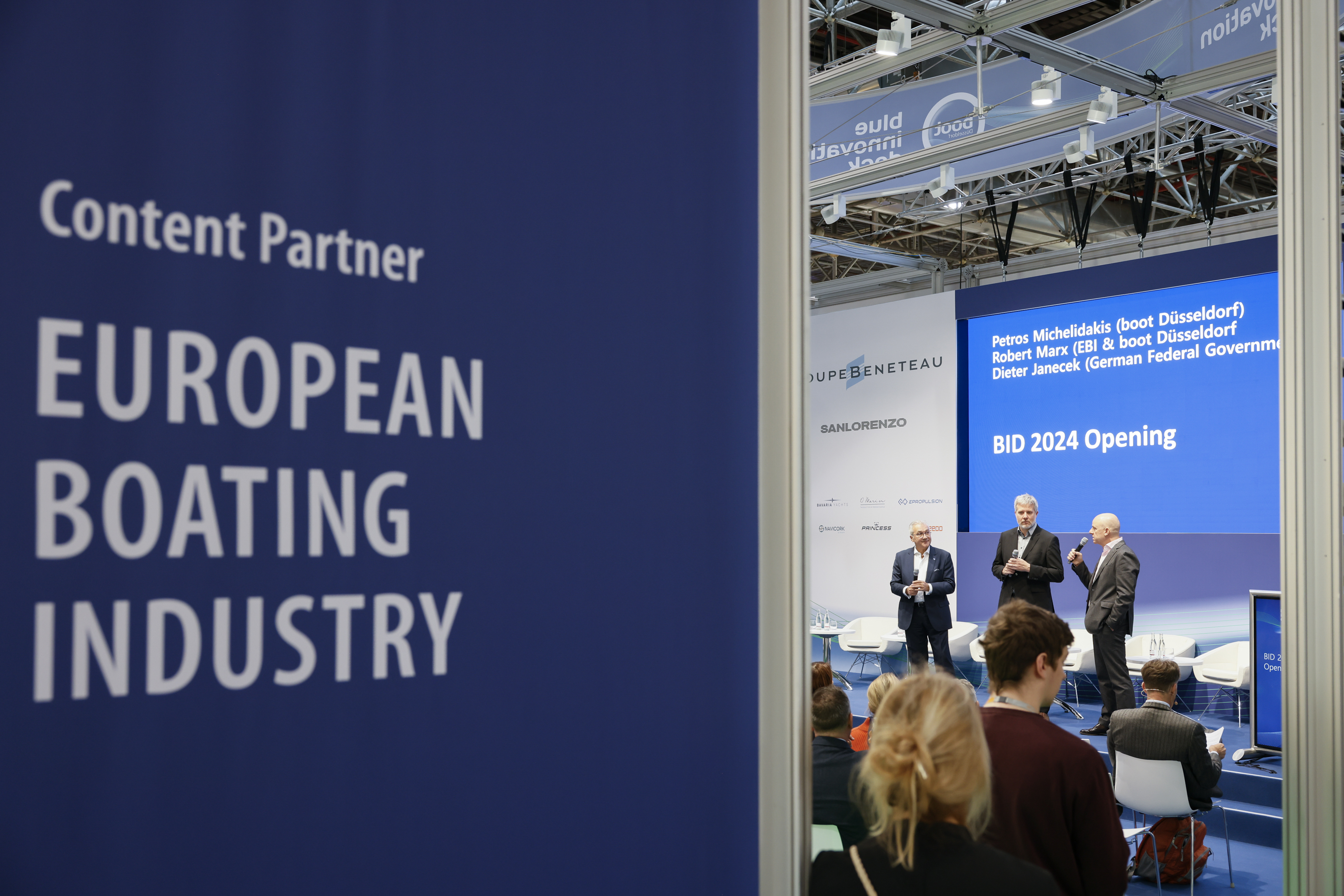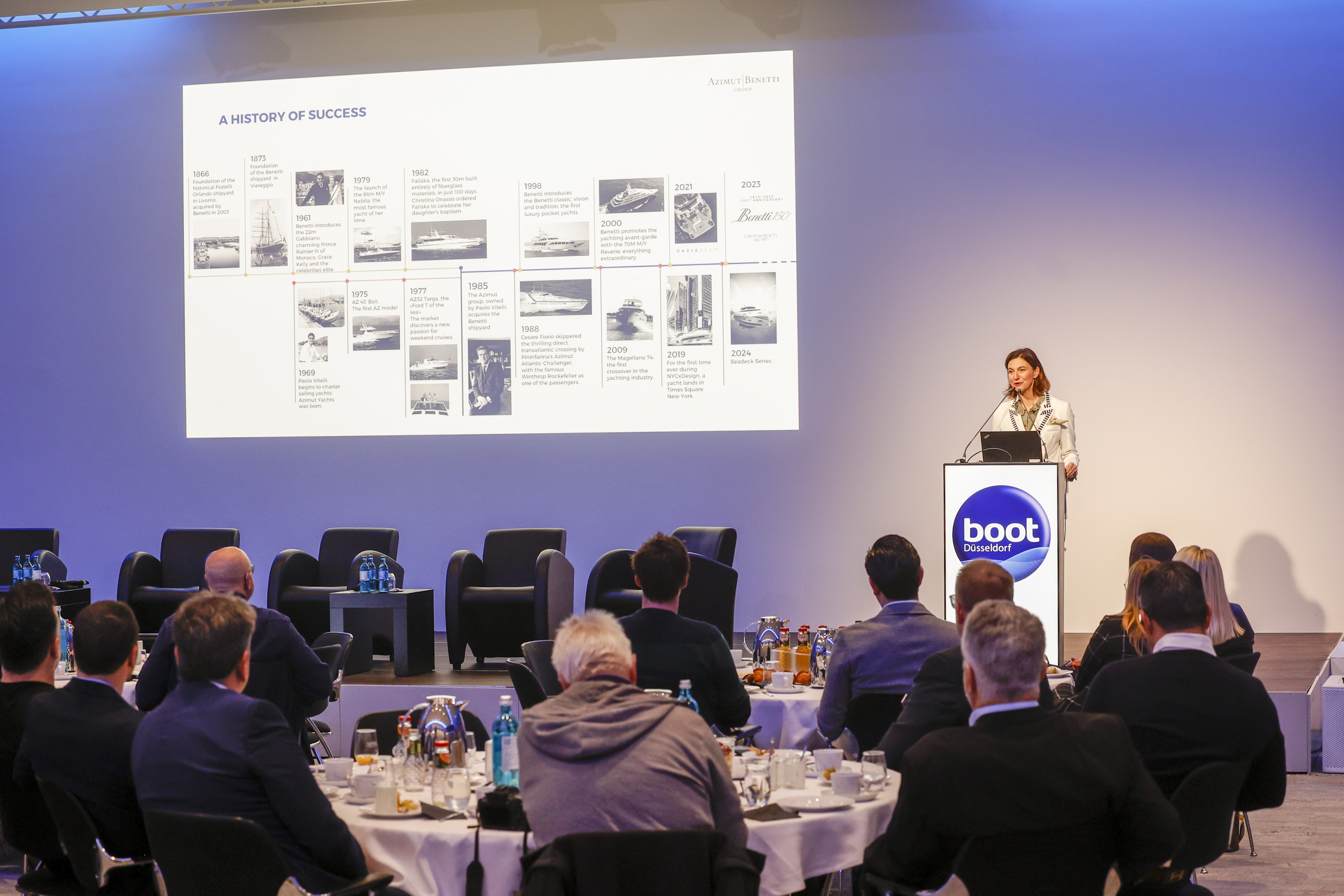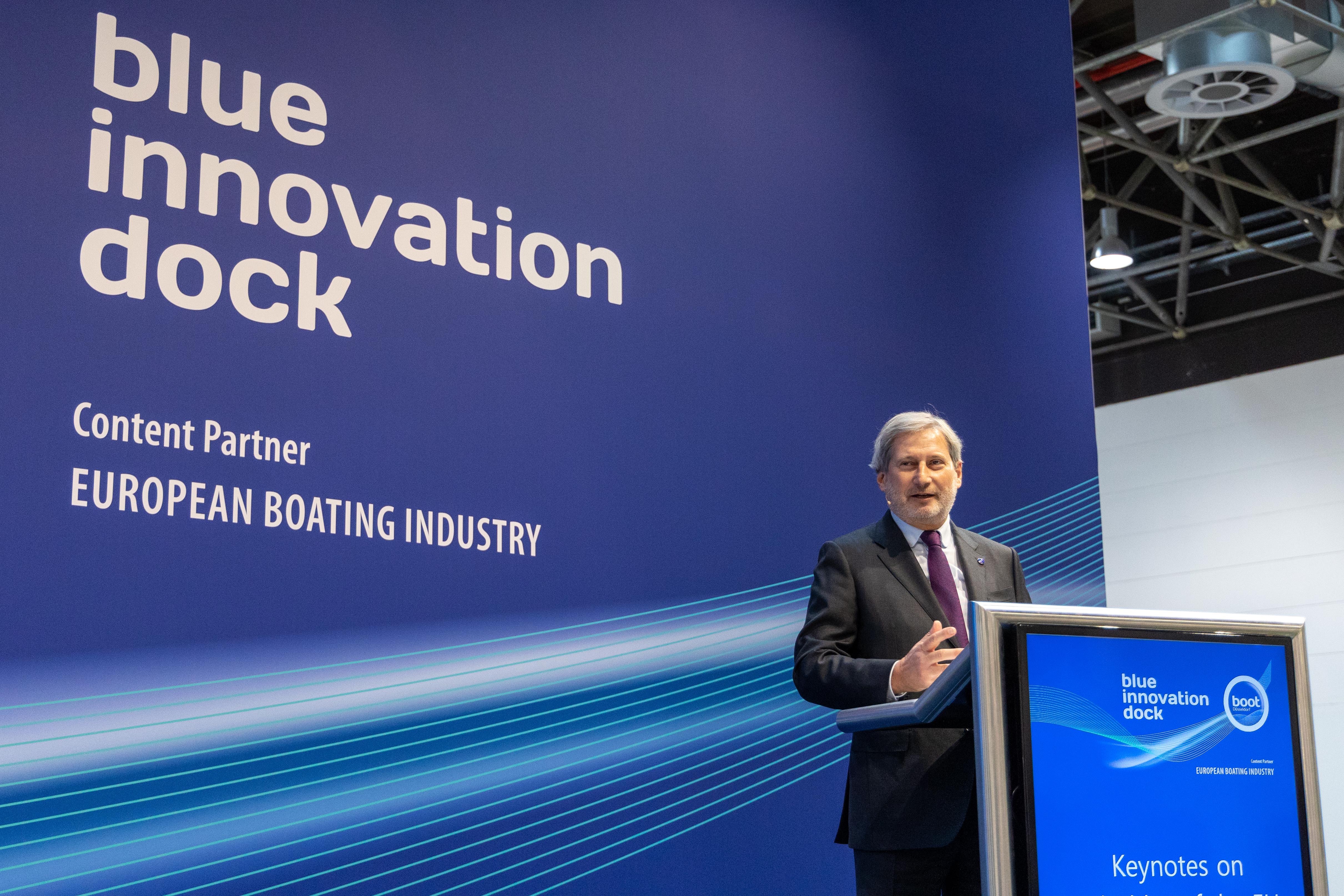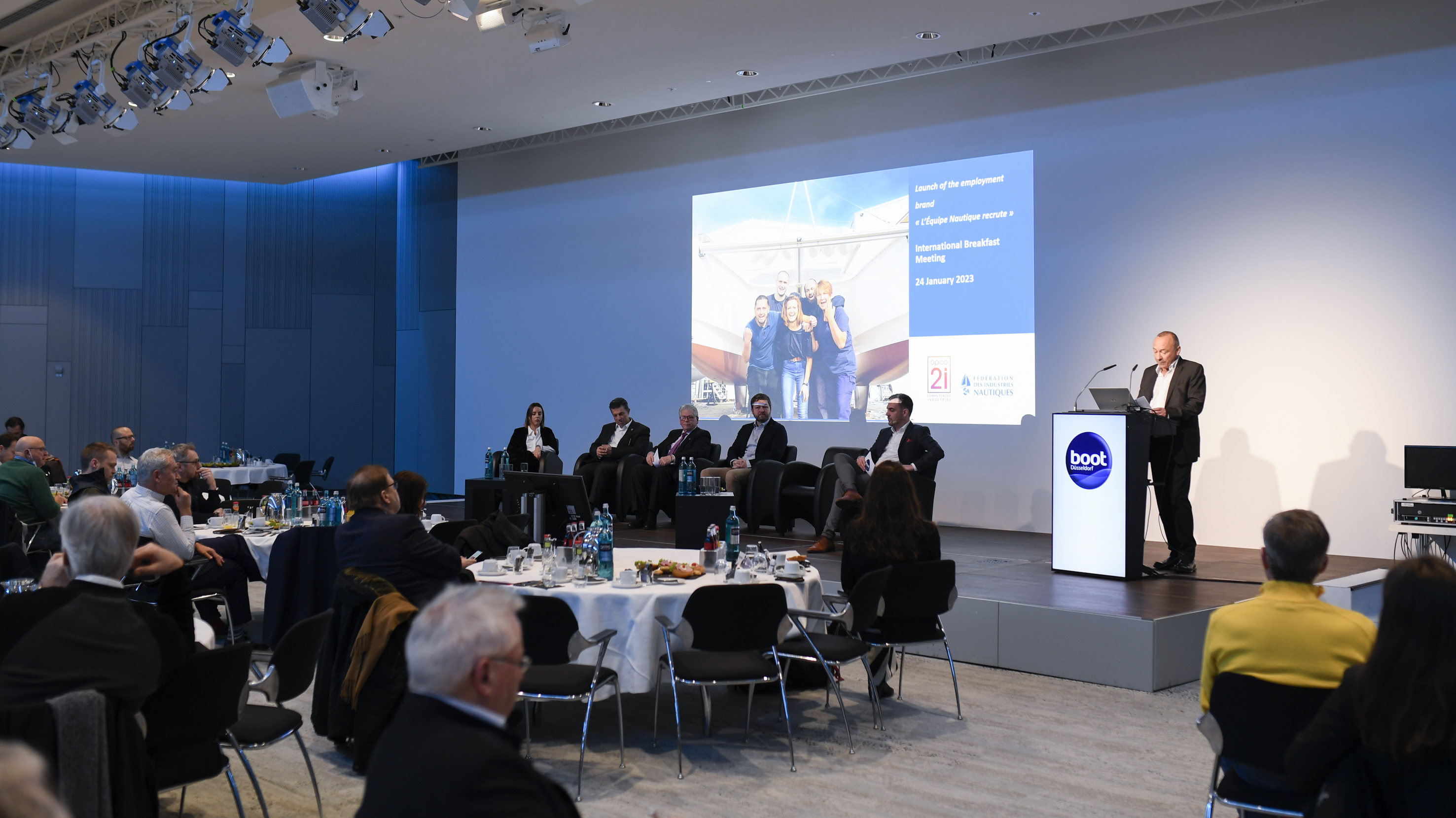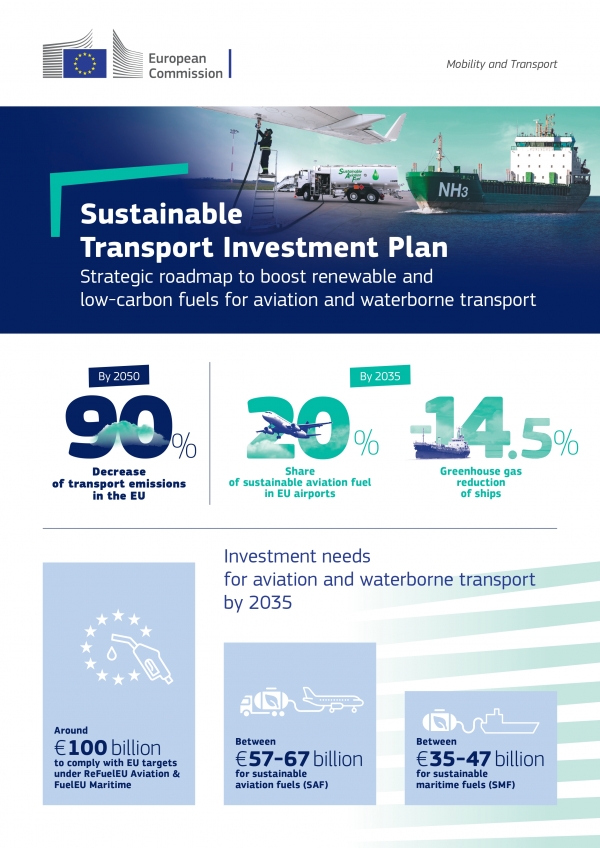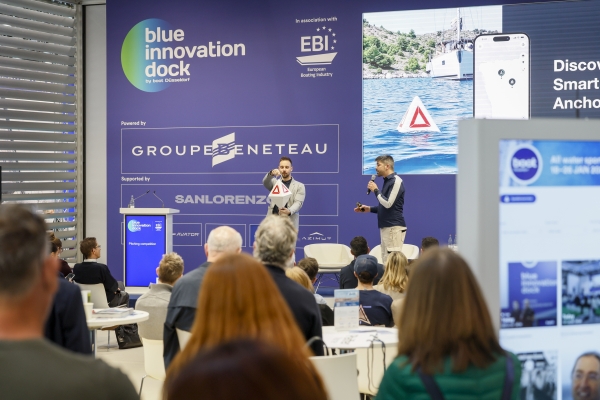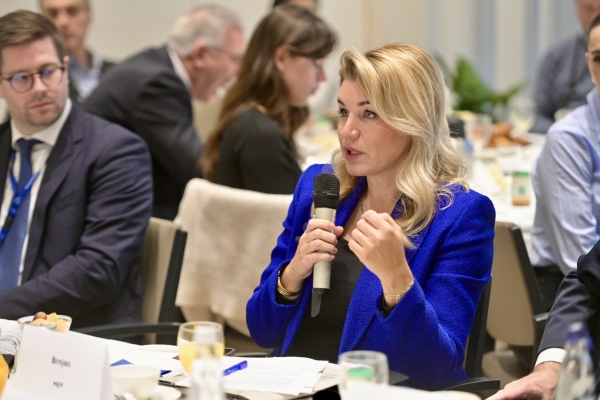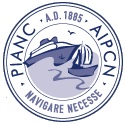Since the addition of tourism to the European Union’s competences in 2009 with the Lisbon Treaty, the European Commission has been working to develop a tourism policy, which enhances Europe’s broad and competitive tourism industry. On 20 February 2014, the European Commission adopted the strategy on coastal and marine tourism, where it also recognised the issues signalled by European Boating Industry.
European Boating Industry has been submitting its policy contributions with regards to nautical tourism, given the importance of boating and water based leisure activities (such as water sports) to the wider tourism economy.
Nautical tourism in Europe
Europe boasts close to 70,000 km coastline and 27,000 km of navigable inland waterways. It is a leading destination for boating and water sports enthusiasts from across the world. There are over 4,500 marinas in Europe, which offer 1.75 million berths for a total boat park of 6.3 million vessels. Today, 70% of boat charter takes place in Europe, with a significant part being held in the Mediterranean Sea. These activities represent an important income for coastal and insular economies with boating, water sports and marinas accounting for 180,000 jobs and generating approximately 17 billion euros in revenue per year across Europe.
In 2017 the European Commission published a study on the nautical tourism, 'Assessment of the impact of business development improvements around nautical tourism'. The study aims to assess the impact of business development actions around nautical tourism. It provides an elaboration of specific problems that have been identified, also with European Boating Industry's input, by the Commission across six thematic areas: skippers’ qualifications; on-board boat safety equipment, including satellite applications; boat recycling; marina and boating development; regional development around marinas; market development for combined nautical and coastal tourism products.
Tourism Manifesto for Jobs & Growth Manifesto
European Boating Industry has joined forces with other private and public tourism stakeholders and signed the Tourism for Growth and Jobs Manifesto. Europe is the world’s number one tourist destination with a market share of 51% in 2014. The tourism industry generates (directly and indirectly) 9.7% of total EU-28 GDP, a figure which is forecasted to rise to 10.4% of GDP by 2025. Today, the Mediterranean Sea alone attracts 70% of the world charter activity (in all length segment) and is the number one destination for nautical tourism. Boating and water sports are practised in all European seas and oceans, as well as on rivers and lakes in the continental countries.
The signatories of the Manifesto, believe our aims can be achieved by establishing an integrated approach to the travel and tourism sector. The Manifesto sets out the European policy priorities that need to be further improved in the area of tourism, such as competitiveness, skills and qualifications, reducing seasonality, digitalisation and sustainability.
Find out more about the Tourism Manifesto.
EU funding guide for the tourism sector
In line with the European Strategy for more Growth and Jobs in Coastal and Maritime Tourism (COM 2014 86), the European Commission published the 'Guide on EU funding for the tourism sector' up to 2020, focusing on coastal and maritime tourism related projects. This initiative aims at providing operators with information on projects which have been awarded EU funding in order to inspire them on possible ways to apply for financial assistance for the development of sustainable and innovative tourism projects in coastal areas.
European Strategy for coastal and maritime tourism
In 2014, the European Commission adopted the European Strategy for more Growth and Jobs in Coastal and Maritime Tourism. It recognises the sector's potential for sustainable growth and job creation and outlined 14 actions to help coastal regions and businesses tackle the challenges they face and strengthen the sector's position as a key driver of Europe's blue economy. Since the adoption of the Lisbon Treaty, tourism which was before an exclusive competence of Member States and required unanimity for any decision, bccame a shared EU and national competence, subject to a qualified majority for actions. The European Commission is for the first time competent to propose concrete actions and encourage Member States and regional/local authorities as well as stakeholders like the industry to engage in a number of them.
Of particular interest to the boating industry, the following actions are proposed in the Communication:
- Assess the need for EU action on qualification requirements for professional yacht skippers and recreational boating.
- Assess the need for EU action on provisions for nautical tourism safety equipment
- Promote strategies on waste prevention, management and marine litter to support sustainable coastal and maritime tourism.
- Develop guidelines on minimising impacts on biodiversity and enhancing benefits of recreation and tourism in protected areas.
- Promote the use of shore-side electricity and provision of port facilities.
- For industry and other stakeholders, actively participate in projects that reduce waste, emissions, marine litter, natural resource use and in water and waste recovery / recycling.
- Encourage the diversification and integration of coastal and inland at tractors, including through transnational thematic itineraries like cultural, religious or ancient trade routes.
- Contract a study on how to improve island connectivity and design innovative tourism strategies for (remote) islands.
- Contract a study to identify innovative practices for marina development.
- For Member States and industry, develop innovative practices for regenerating and re-using existing maritime infrastructure.
- For industry, develop a specific network of maritime tourism stakeholders including tour operators
- Develop an online guide with an overview of the main funding opportunities available for the sector (particularly SMEs).
- For Member States and regions, develop and implement national / regional strategies on coastal and maritime tourism and projects to be included in the Operational Programmes.
- For Member States and regions, seek cross-border cooperation on the above strategies and exchange of best practice.
EU approach to Nautical Tourism
Based on the overarching coastal and maritime tourism strategy, the European Commission published its dedicate approach to nautical tourism (see here). It recognises the potential of nautical tourism for jobs and growth. The main actions proposed are:
- Recognition of professional skipper licenses
- Recognition of private skipper licenses
- Safety equipment
- Integration of boating, marinas and hinterland
- Circular boating/end-of-life boats
- Innovation for the boating industry
EBI is closely working with the European Commission and stakeholders in the implementation of the Staff Working Document.



